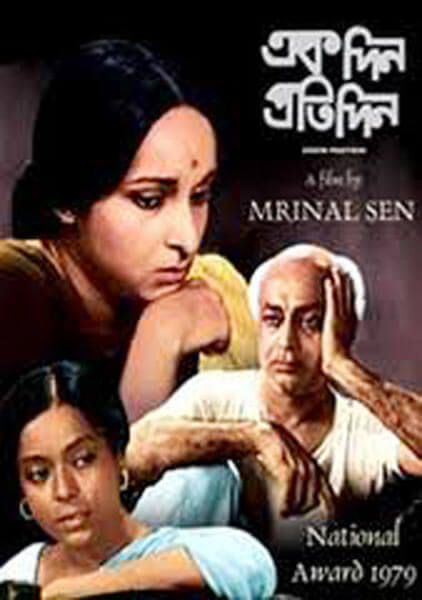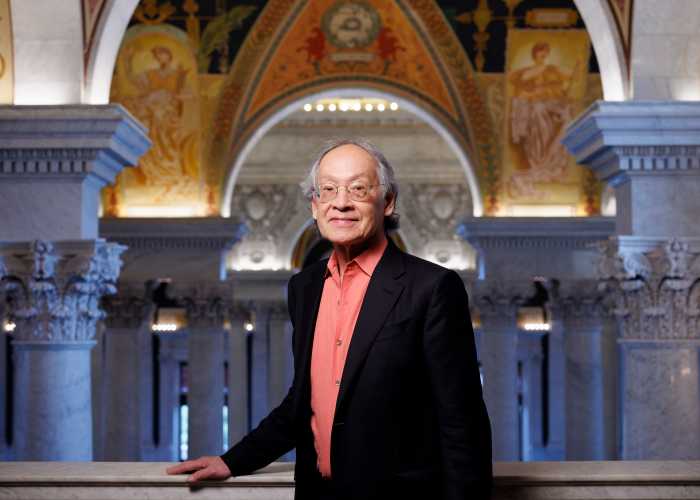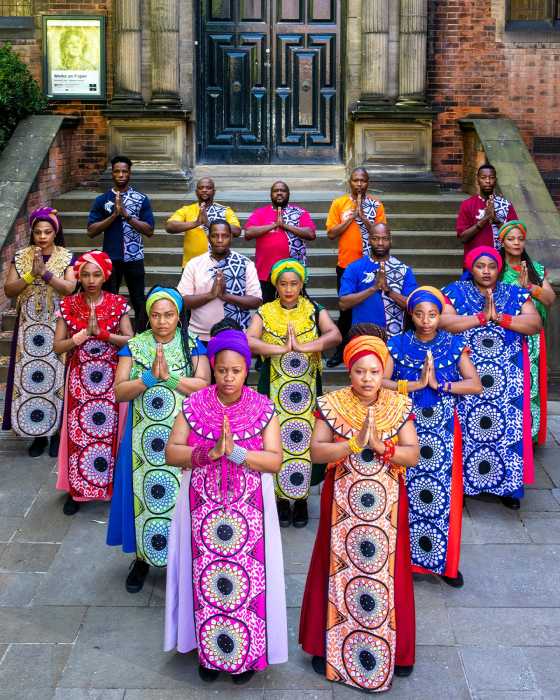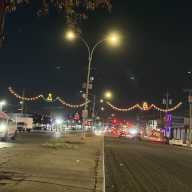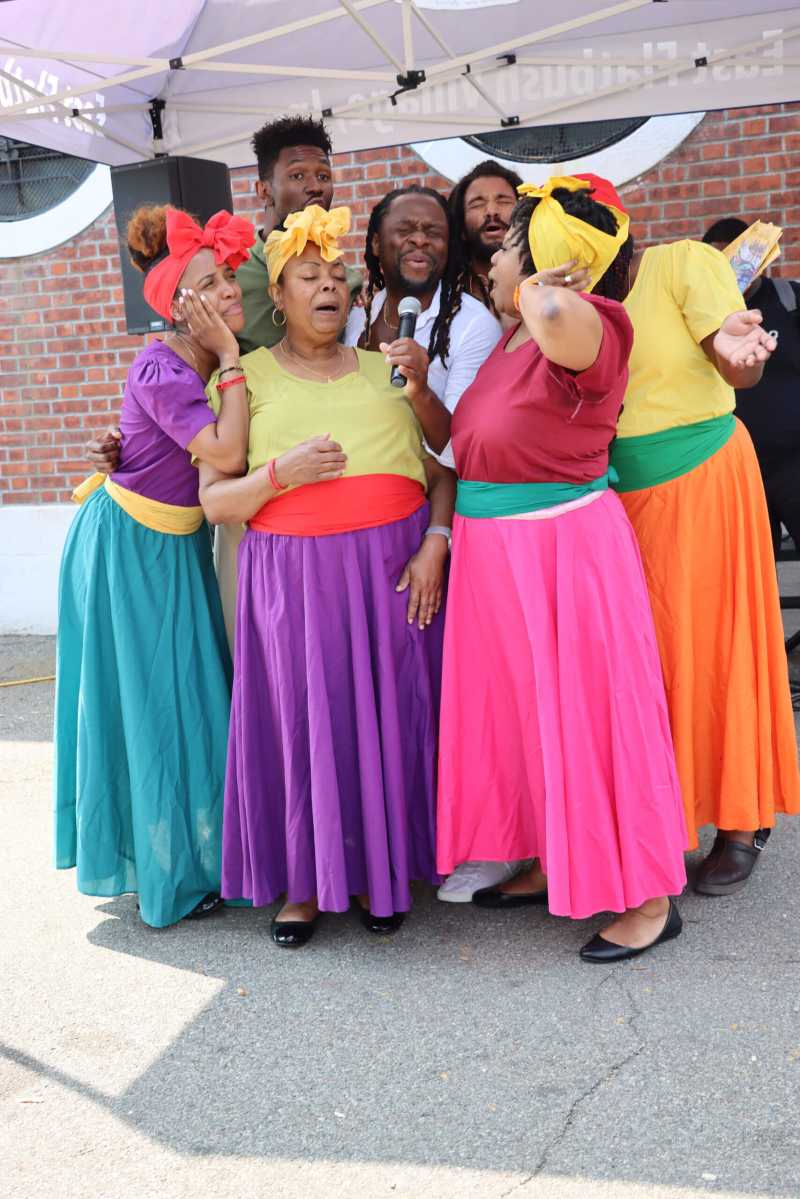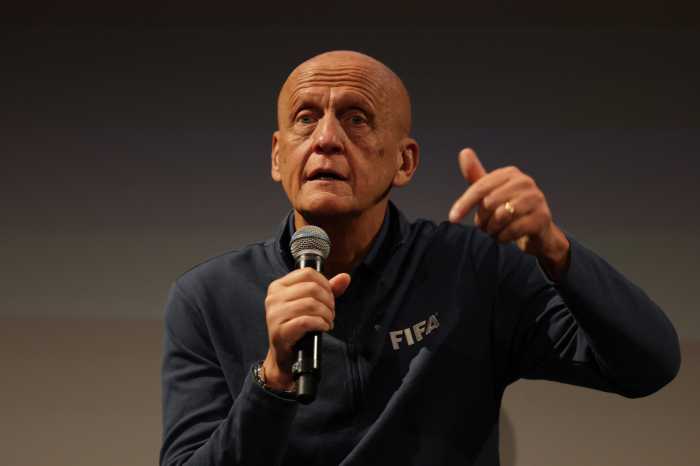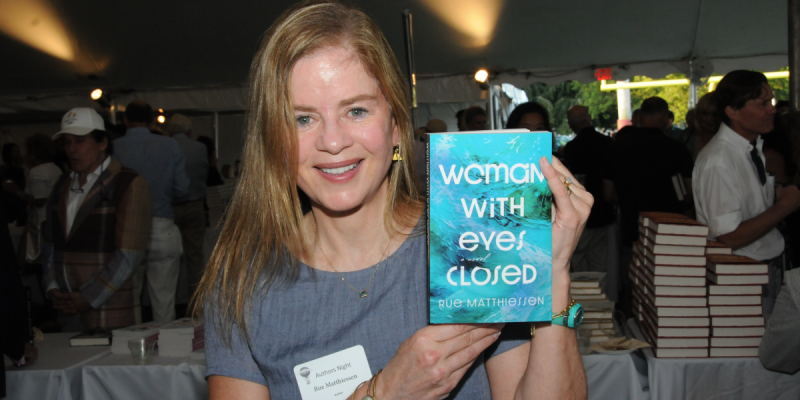By Oliva Saperstein
Sometimes there is no better way to learn about a particular part of the world than through its cinema. Starting Feb. 6, Queen’s College’s Godwin-Ternback Museum introduced the second installment of its series “Representing South Asia on Film,” which is screening eight more films from the region as part of the college’s “Year of India” event.
Included are popular commercial works as well as independent, experimental, and short selections, spanning the last several decades. Find well-known Bollywood films as well as those from Bengali, Tamil, and Malayalam cultures, that will expose the public to their strong political and artistic elements.
While some of these films may be lesser known to some Americans, they have a strong following in others parts of the world.
“Indian films are a huge product in the Indian market, and other countries as well,” said co-curator Satadru Sen. “In Africa, in West Asia, in South East Asia, in Russia, for instance.”
Each film in the series has been carefully selected, so as to bring certain aspects of Indian culture to light. “We want to choose films that are not only socially relevant, but also that are well made,” Sen said.
The free series will also be accompanied by panels with filmmakers and scholars of cinema discussing themes of gender, urbanization and political rights.
Upon viewing the series’ selections, it is clear that they all have something significant to say.
“The Cup,” (Feb. 6) for instance, takes a group of Tibetan monks who want to watch the World Cup, but must first find a television – clearly something most of us take fore granted.
“A Day Like Any Other” (Feb. 20) explores gender issues when the daughter of a Calcutta family fails to come home from work.
“The Hero” (April 17), which is one of South Indian’s famous gangster films in the Tamil language, follows a boy who sees his father shot by a policeman.
It’s important that these films are shown in order to give us a more well rounded cultural perspective. However, the series may not only be beneficial for cinephiles alone, or those with a strong interest in the culture of South Asia, but also for those who would like insight and perspective on a number of social, political and philosophical issues in general.
“Our goal is to teach and to entertain,” said Sen. “We’re hoping that people learn something about the relationship between cinema and society–how society generates different kinds of cinema and how that cinema circles back to influence society.”
The series will run each Wednesday through April 24.
For more information please visit qcpages.qc.cuny.edu/godwin_ternbach/year_of_india/index.html


